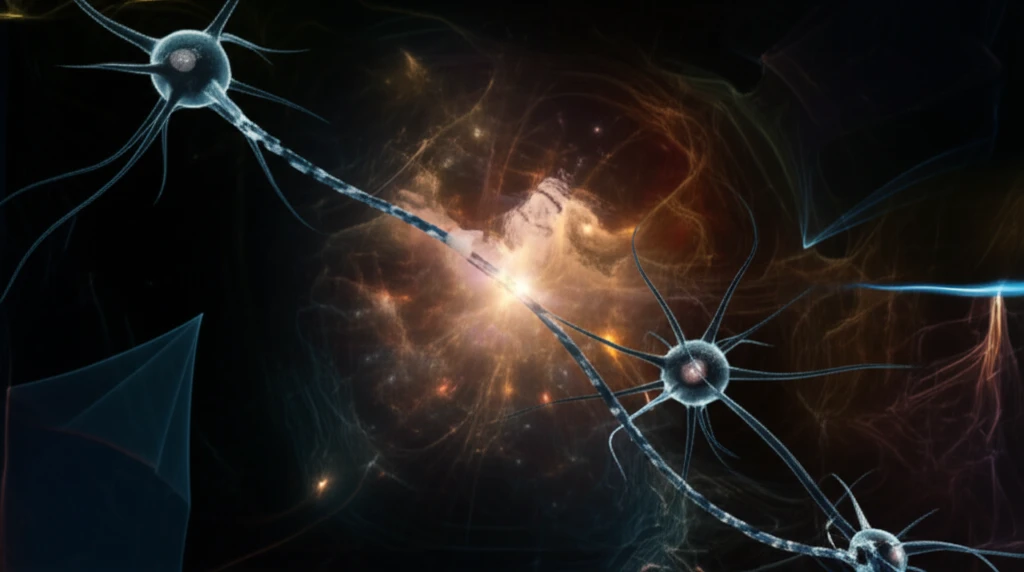
Unlocking the Brain's Potential: How Neuroscience Research is Revolutionizing Our Understanding
"Delving into the latest discoveries and breakthroughs in neuroscience research that are shaping our understanding of the brain and its functions."
Neuroscience, the study of the nervous system, is a rapidly evolving field that seeks to unravel the complexities of the brain and its impact on behavior, cognition, and overall health. Recent advances in neuroscience research have provided unprecedented insights into the intricate workings of the brain, leading to potential new avenues for treating neurological and psychiatric disorders.
From understanding the fundamental mechanisms of neuronal communication to exploring the neural basis of consciousness, neuroscience research encompasses a wide range of disciplines and methodologies. These include molecular biology, genetics, electrophysiology, neuroimaging, and computational modeling, all of which contribute to a more comprehensive understanding of the brain's structure and function.
This article delves into some of the most exciting and promising areas of neuroscience research, highlighting recent discoveries and their potential implications for human health and well-being. We will explore how these advances are shaping our understanding of the brain and paving the way for innovative treatments and therapies.
Breakthroughs in Understanding Brain Function

One of the most significant areas of neuroscience research is focused on elucidating the intricate mechanisms underlying brain function. Scientists are making strides in understanding how neurons communicate with each other, how neural circuits are organized, and how different brain regions interact to produce complex behaviors.
- Optogenetics: This revolutionary technique allows researchers to control the activity of specific neurons using light, providing unprecedented precision in manipulating brain circuits and studying their functions.
- Connectomics: This field aims to map the complete wiring diagram of the brain, revealing the intricate connections between neurons and brain regions. This comprehensive map will provide invaluable insights into how information flows through the brain and how different brain areas collaborate to produce complex behaviors.
- CRISPR gene editing: Powerful tool has emerged to target and edit specific genes within cells and organisms with unprecedented precision.
The Future of Neuroscience Research
Neuroscience research is poised to continue its rapid pace of discovery in the coming years. With the development of new technologies and methodologies, scientists are gaining an increasingly detailed understanding of the brain and its functions.
One of the most promising areas of future research is the development of personalized treatments for neurological and psychiatric disorders. By taking into account the unique genetic and environmental factors that contribute to each individual's condition, researchers can develop therapies that are tailored to their specific needs.
Neuroscience research holds immense potential to improve human health and well-being. As we continue to unravel the mysteries of the brain, we can look forward to innovative treatments and therapies that will alleviate suffering and enhance the quality of life for millions of people.
